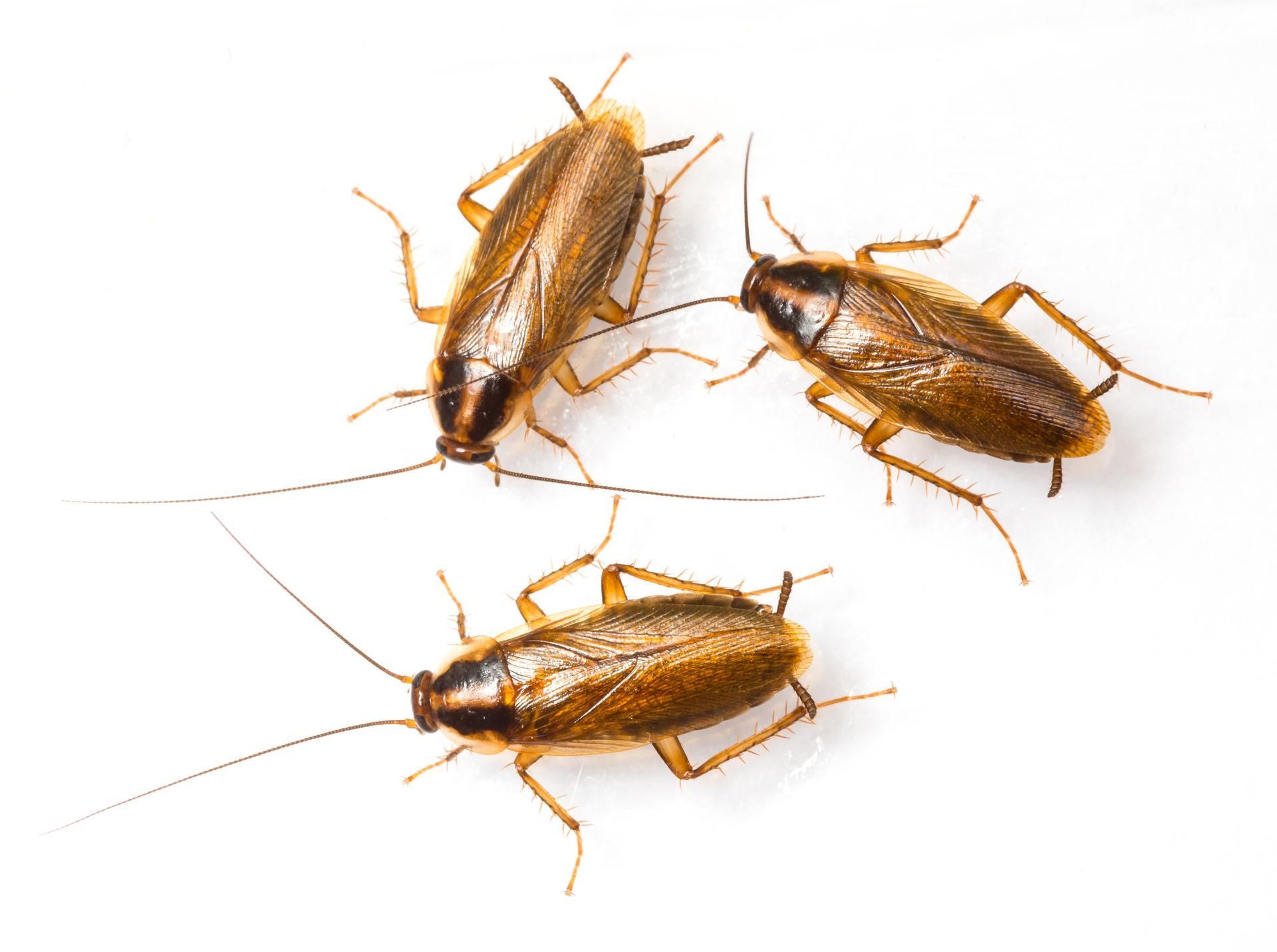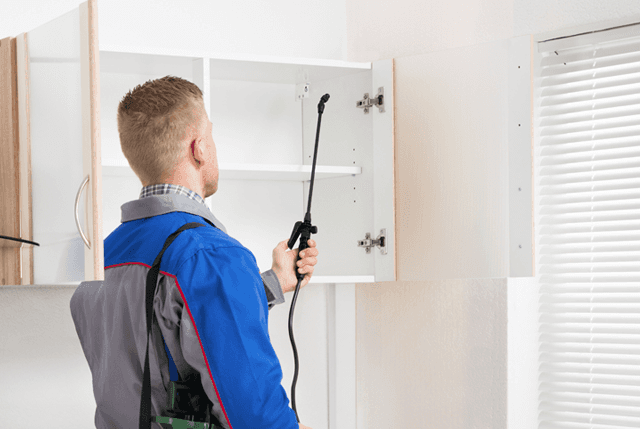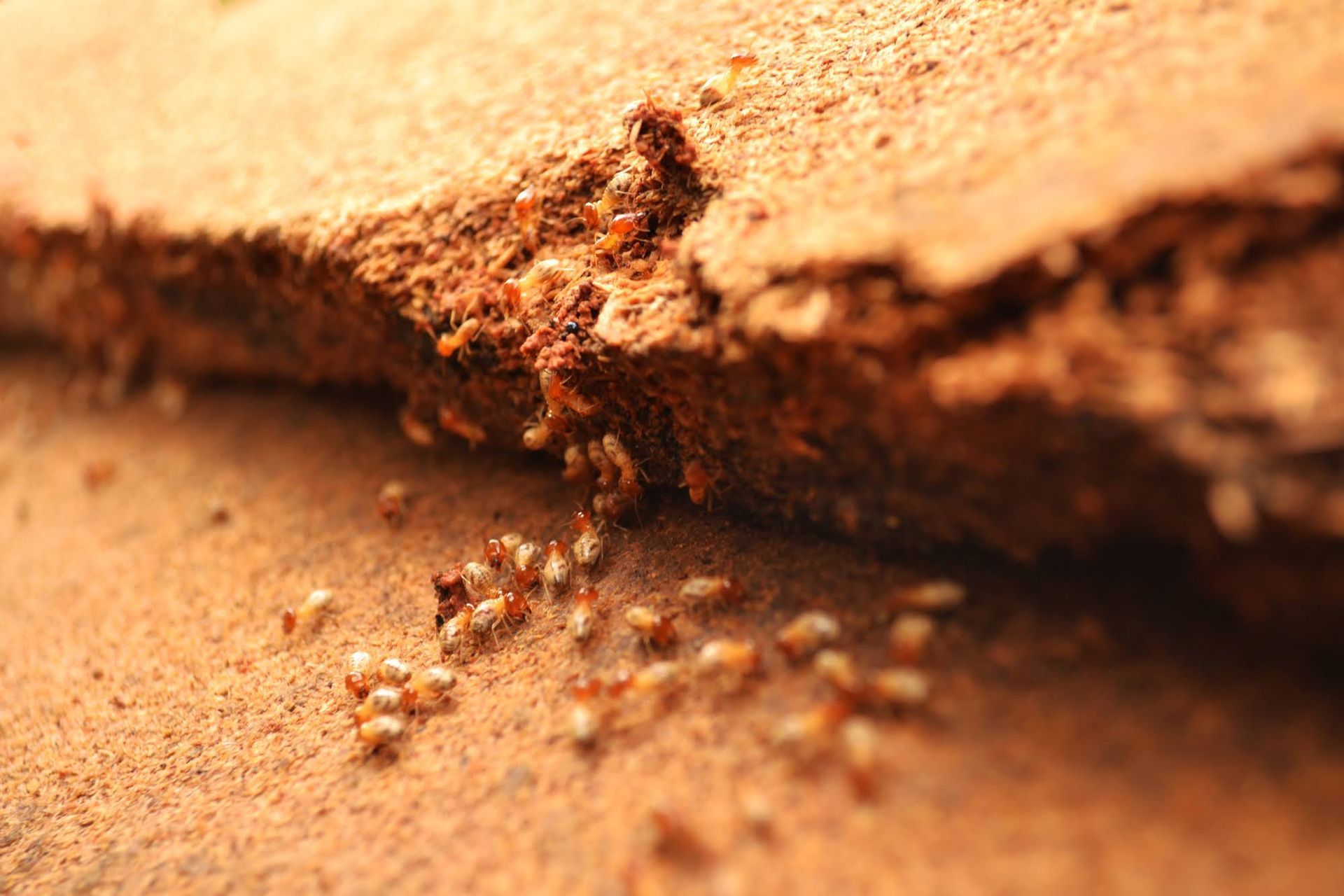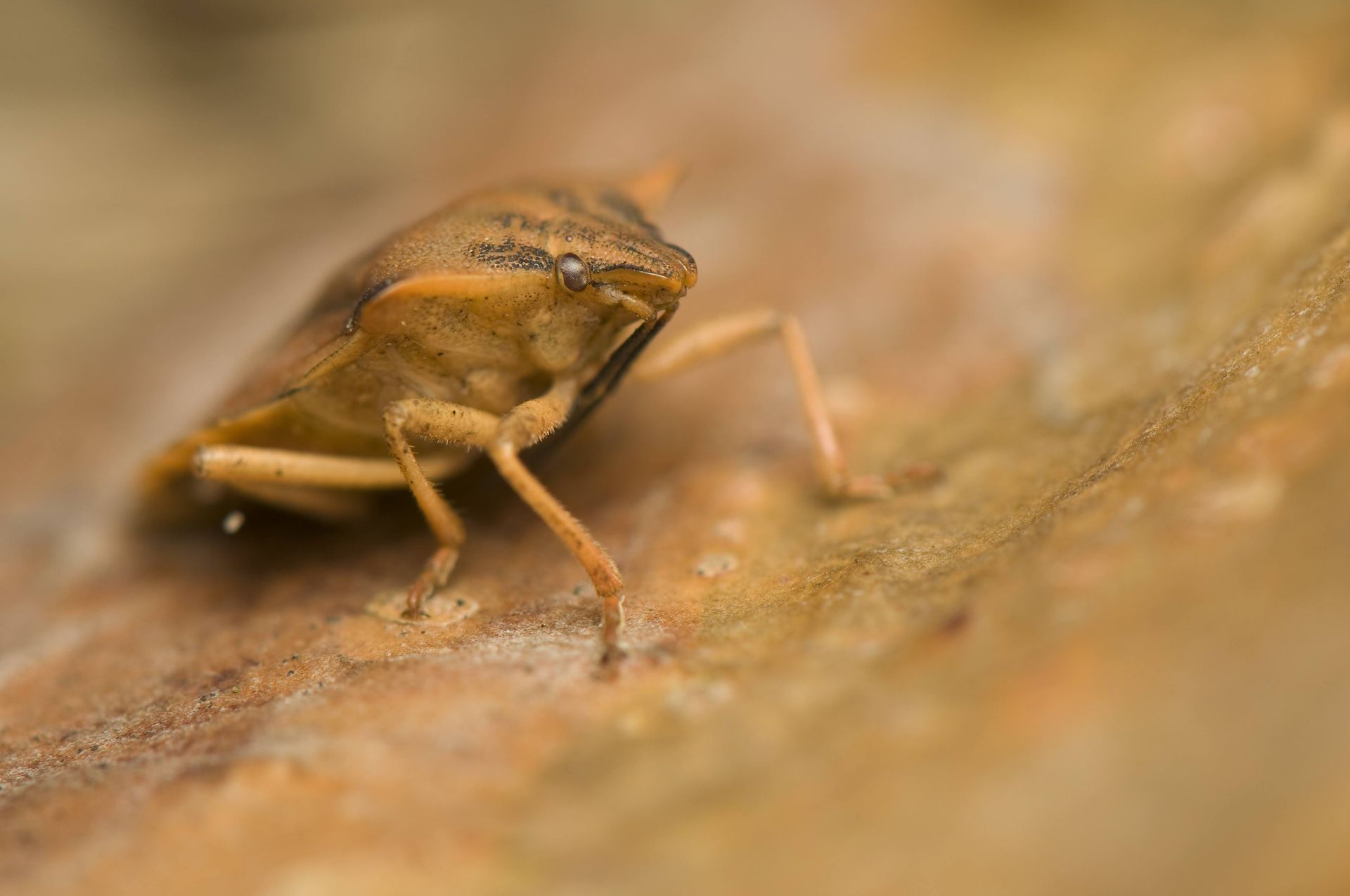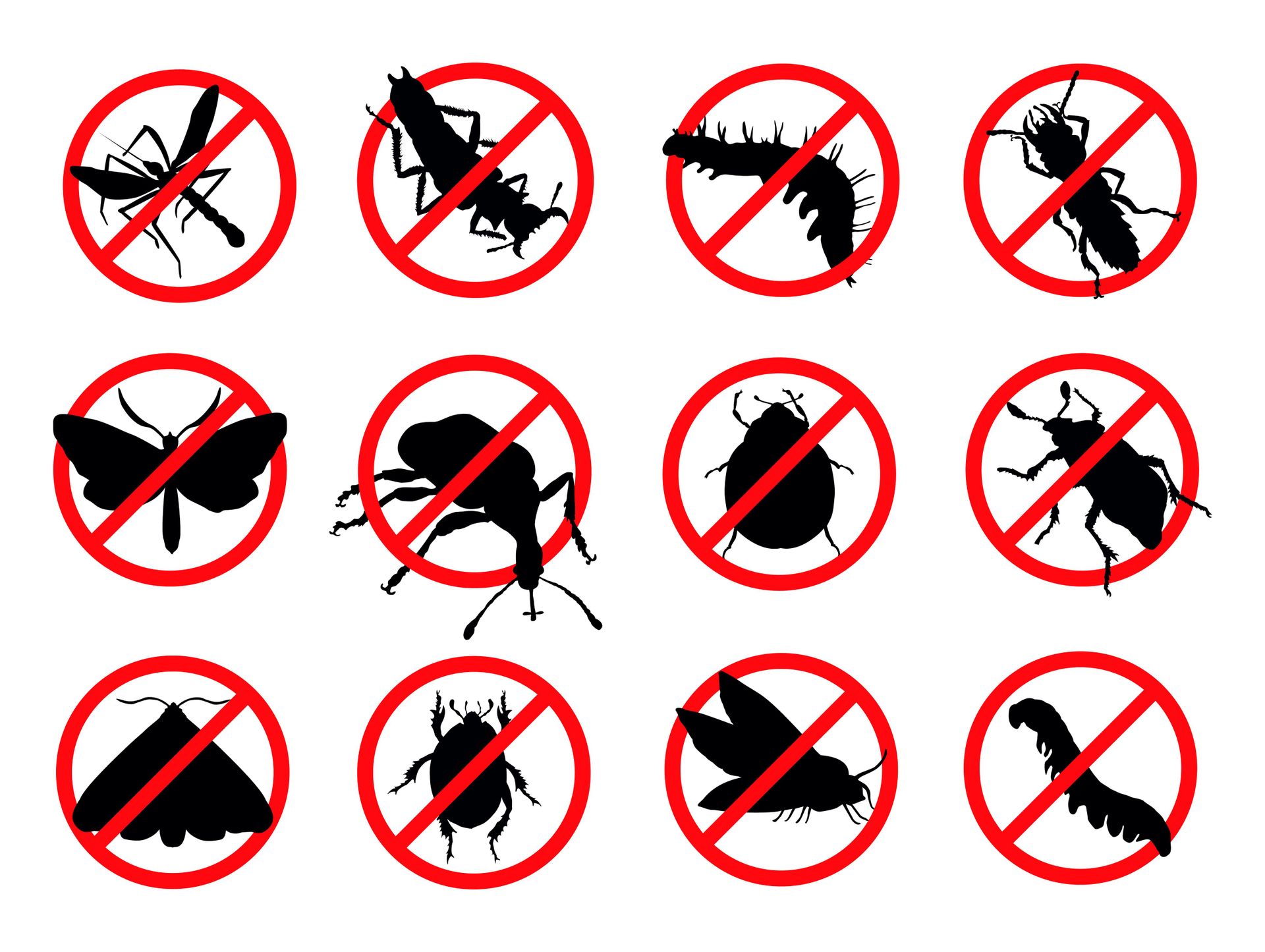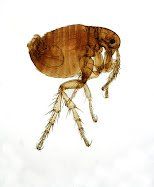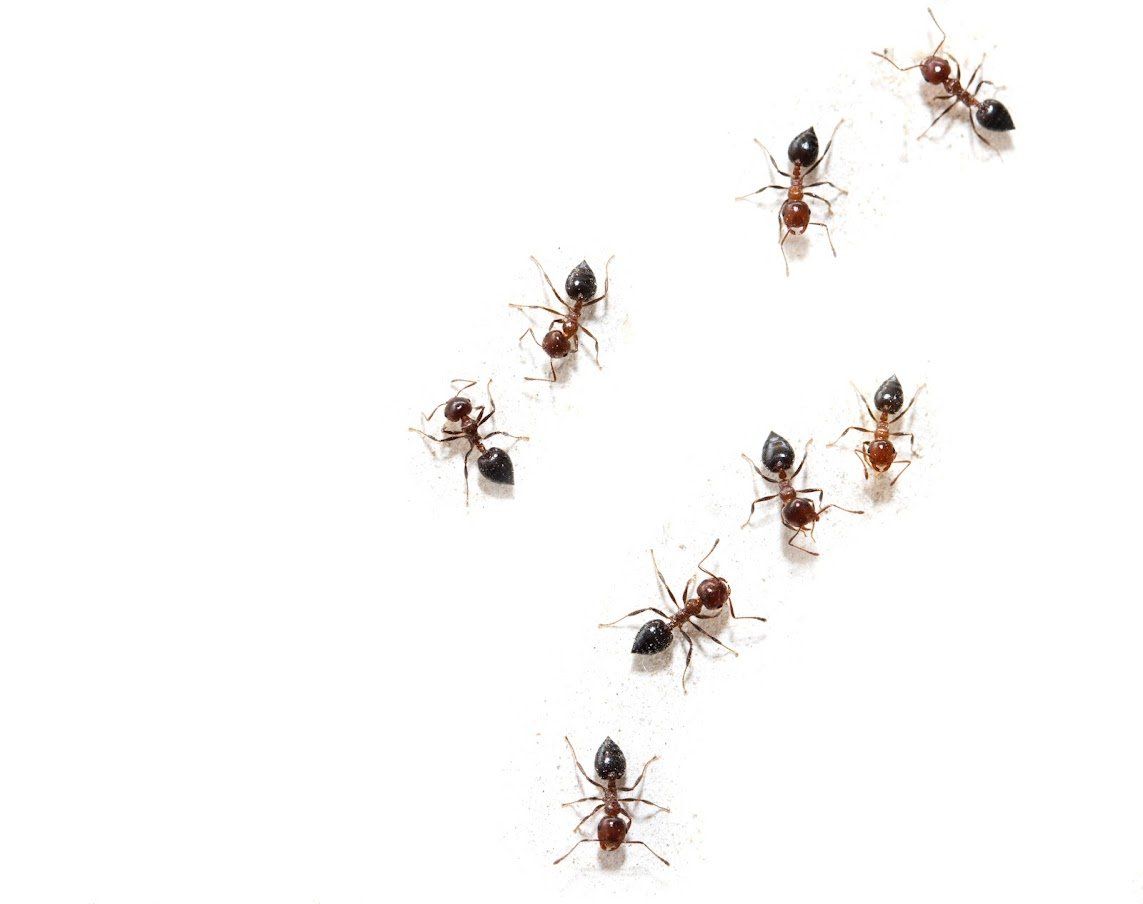What Should You Do When You See a Mouse?
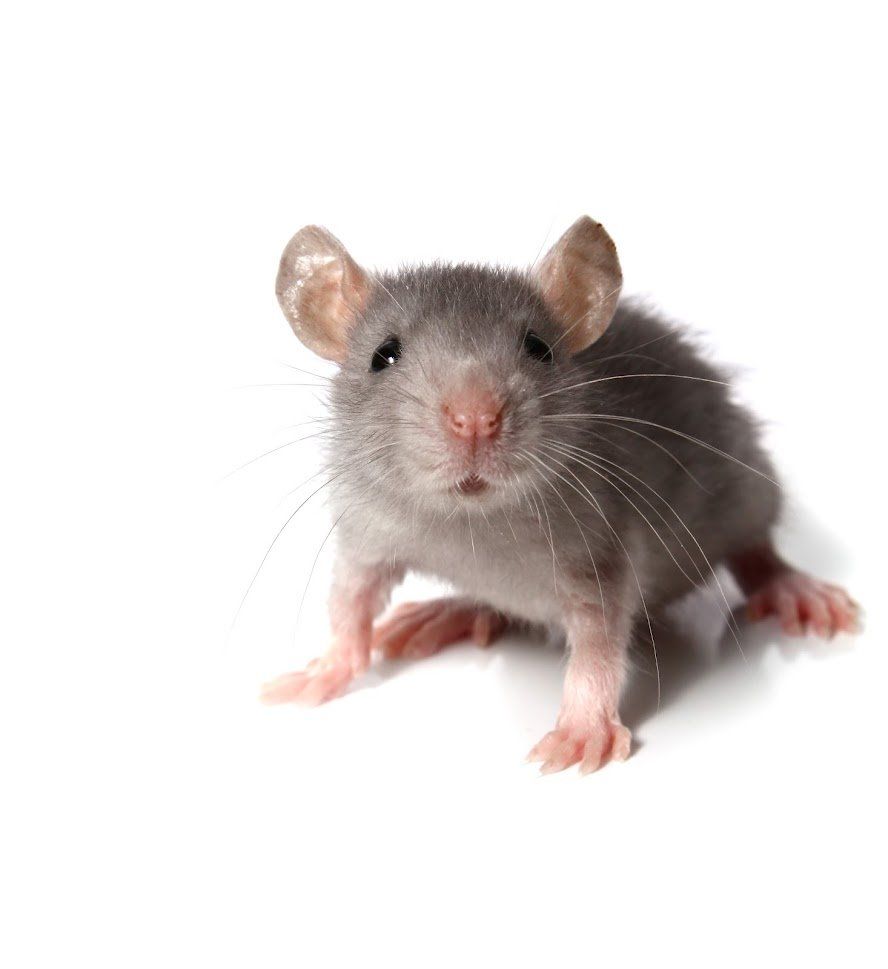
You might think that rodent infestations are dramatic events, but mice are surprisingly clever and stealthy. Infestations can often go unnoticed, even in relatively small homes, until the population begins to expand quickly. However, the reverse can also be true — you may get lucky and spot a single mouse long before your home has a large nesting population.
Of course, this range of possibilities can make it hard to know what you should do when you spot a mouse in your home. First, don't panic. Rodent infestations can be frustrating and frightening, but they're a solvable issue. Next, follow these three simple steps to address your home's potential pest problem.
1. Identify and Evaluate
Most people aren't familiar with rodents, so they don't tend to notice some of the telltale signs of infestation. While mice leave behind some fairly obvious indications of their presence, many homeowners only recognize them in hindsight. Once you've spotted that first mouse, start paying closer attention to other warning signs.
Check your pantries, kitchen cabinets, and other areas where mice can potentially access food. Look for droppings, gnawed cardboard, or other evidence that mice have gotten into your food supply, and discard anything that appears affected. Wear gloves while performing this task, and consider wearing a mask since the dust from mouse droppings can contain harmful pathogens.
Other signs of heavy infestation can include noticeable tracks across the floor or oily stains near the bottom of walls. This evidence comes from an oily substance called sebum present on mice fur. It's another warning sign of an infestation. If you spot these trails or find significant evidence of mice in your food supply, that's a good indication that you have a genuine infestation in your home.
2. Clean and Sanitize
Mice can enter any home, so their presence doesn't mean that your house is too cluttered or unclean. However, once in a structure, mice will take advantage of hidden and unused areas to nest and hide. Storage rooms, garages, and other areas with clutter can provide mice with shelter, a sense of security, and a place to hide when spotted.
An important part of your treatment plan should be removing aspects that make your home attractive to mice. Clean and sanitize areas where you store food, and move food items from cardboard boxes (which mice can gnaw through) into plastic containers. You'll also want to make an extra effort to keep floors and counters clean to avoid leaving any tempting treats behind for your rodent invaders.
Be aware that you'll probably find more evidence of mice as you perform these tasks, especially if you declutter areas like your garage or attic. Wear appropriate protective gear in these areas, and make sure you remove any nests. Always use a disinfectant to sanitize areas where you find evidence of a rodent infestation.
3. Treat and Seal
Finally, and most critically, you'll need to deal with the mice already in your home and prevent more from entering. Professional pest control services typically use a combination of different trap styles. Mice can be smart, so varying the traps you use is an excellent option to prevent them from learning and avoiding your control methods.
You'll also need to determine how mice are entering your home. Unfortunately, mice can enter through very small openings, including attic vents, small gaps in walls, and areas where HVAC or electrical lines enter your home. Checking and sealing these areas is crucial, or mice will likely return, even after you've dealt with your current infestation.
Fortunately, you don't have to deal with a rodent infestation on your own. Best Pest Control Services can help you find, treat, and prevent mice problems, allowing you to get back to enjoying your home. If you have a potential infestation, don't hesitate to get in touch with us today!
